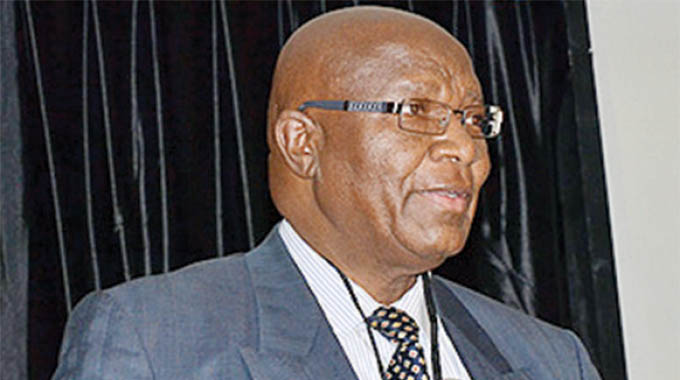Looking Back: Highfield has most air most polluted in Harare

The Herald, 29 May 1984
HIGHFIELD in Harare had the most polluted air last year, according to the City Medical Officer, Dr Lovemore Mbengeranwa.
In his annual report, Dr Mbengeranwa said the highest concentrations of sulphur dioxide recorded in Highfield occurred down-wind of the main industrial sites and power stations.
However, by comparison with industrial centres in other countries, sulphur dioxide concentrations in Harare were very low.
He said another atmospheric pollutant was smoke, but this was preventable to a large degree as it was caused in part by careless boiler operations.
The total amount of smoke monitored was 9 percent less than last the average over the previous seven years. Most smoke was recorded in Southerton. Most smoke was recorded in July.
LESSONS FOR TODAY
If in 1984, Highfield high density suburb emerged as the most polluted, what is it like now as western suburbs continue to be active recipients of pollution-related emissions from the city’s industrial sites?
What is being done by local authorities and central Government to ensure that such places where the majority of urban people reside have clean and safe environments, and are not exposed to pollution-related diseases?
According to a Herald opinion piece of June 6 2019, “toxic air is now the biggest environmental risk of early death in Zimbabwe and most other countries across the world. The World Health Organisation now estimates that it is responsible for one in nine of all fatalities.”
In its fight against Covid-19, has the Ministry of Health and Child Care factored pollution as a health hazard?
June 5 is World Environment Day and in 2019, the United Nations chose air pollution as the theme to commemorate the day. Each year, Zimbabwe joins other members of the international community to take stock of its air pollution index, since it is a cause for concern everywhere.
World Environment Day gives Zimbabwe a chance to broaden its understanding of the far-reaching implications of air pollution to humans, the environment and economic development.
The Paris Climate Agreement is one of the global interventions to fight increased problems caused by air pollution and lack of adequate implementation measures to curb it.
One of the causes of air pollution is fossil fuels. According to National Geographic, fossil fuels are “non-renewable fuels, which include coal, oil, and natural gas, supply about 80 percent of the world’s energy. They provide electricity, heat, and transportation, while also feeding the processes that make a huge range of products, from steel to plastics.” The world is now turning to smart technologies to curb air pollution.
Will the Covid-19 induced lockdowns help Zimbabwe and the global community rethink the pollution challenges, considering that it has negatively impacted the climate, raising serious food and welfare securities?










Comments